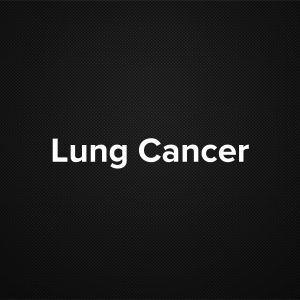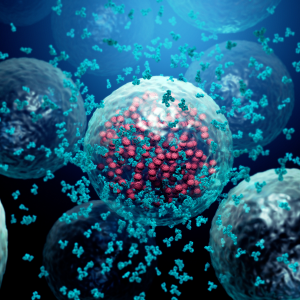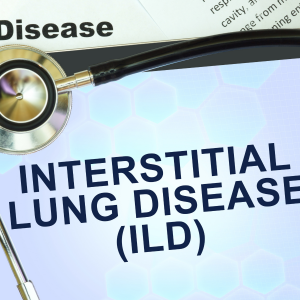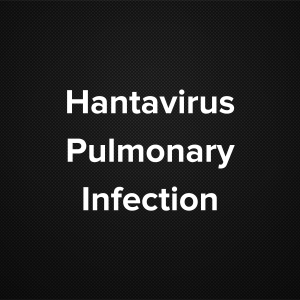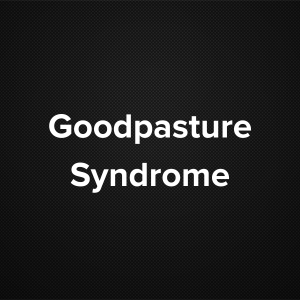Causative and risk factors
Cystic fibrosis is an inherited condition following an autosomal – recessive pattern. A child will develop cystic fibrosis only if he/she receives he genetic mutation from both his parents. If he only receives it from a single parent, he won’t develop the disease but may pass the defective gene to his children.
Cystic fibrosis shows a racial predominance. Native Americans, African-Americans, Hispanics and Northern-Europeans are genetically at a higher risk of developing cystic fibrosis.
Symptoms
Sometimes, the symptoms of cystic fibrosis may develop in the first year of life; whereas some children may remain asymptomatic until they reach adulthood.
The affected person will have an excessively salty sweat.
In addition, few or all of the following symptoms may be present:
Respiratory symptoms:
Cystic fibrosis causes thickening of the lung secretions leading to blockages in the bronchial tubes. Because of this, the following symptoms may arise:
- Constant cough with production of plenty of mucus
- Shortness of breath and episodes of wheezing
- Increased preponderance of lung infections
- Inability to keep up with sustained physical activity
- Nasal symptoms such as coryza, swelling or blockage of nose
Respiratory complications of cystic fibrosis include nasal polyps, pneumothorax, recurrent episodes of bronchiectasis, cor pulmonale and respiratory failure.
Digestive symptoms:
Cystic fibrosis can cause blockage of the pancreatic ducts thus making it difficult for the secretions of the pancreas to reach the small intestine. Because of this, the digestive process cannot go on smoothly, giving rise to symptoms such as malabsorption, constipation and presence of fat in stools or steatorrhoea. Meconium ileus may occur in newborns.
GIT complications of cystic fibrosis intestinal obstruction, gallbladder stones, biliary cirrhosis, and portal hypertension.
Other complications of cystic fibrosis include osteoporosis, infertility in males, diabetes, stress incontinence, pubertal delay and rectal prolapsed.
Diagnosis & Investigations
At birth, the following tests can be carried out if cystic fibrosis is suspected:
- Blood test to check levels of immunoreactive trypsinogen – This will be found higher than normal.
- Sweat test – The sweat will be tested to measure the content of salt, which will be found higher than normal.
- DNA testing can be performed on the blood or sweat to check for the defective gene.
Adults suspected of or suffering with cystic fibrosis are required to undergo the following tests as and when needed:
- Imaging of the lungs and the digestive system – X-rays, USG, CT scan or MRI scan
- Liver function tests and measurement of pancreatic enzyme levels
- Culture testing of the sputum
- Stool examination
Treatment
There is no cure for cystic fibrosis. The aim of treatment is to prevent complications and manage existing symptoms.
Home treatment/Lifestyle changes
All immunizations must be kept up to date.
Diet – A high calorie, vitamin and fiber rich diet is recommended to patients with cystic fibrosis. They are also encouraged to consume extra salt since they lose a lot of it when sweating.
Physiotherapy exercises are recommended to improve the lung function
Assistive devices such as chest clappers or breathing devices are used to improve lung function.
Medication
Mucolytic drugs – to liquefy the thick mucus
Bronchodilator drugs – to make breathing easier
Antibiotics – whenever a lung infection is suspected
Pancreatic enzyme replacement: so that the digestive system can function normally.
Procedures
Feeding tubes – People with cystic fibrosis suffer from malabsorption. In such cases, feeding tubes may be used to provide necessary extra nutrition.
Lavage of mucus – The viscid mucus from your respiratory tract can be suctioned out by introducing an endoscopic device through your nose.
Surgery
Certain surgical procedures may need to be performed as and when required:
Polypectomy – A procedure to remove nasal polyps.
Bowel surgery is necessary in cases of intestinal obstruction or intussusceptions.
Lung transplant – may be necessary in severe cases.


